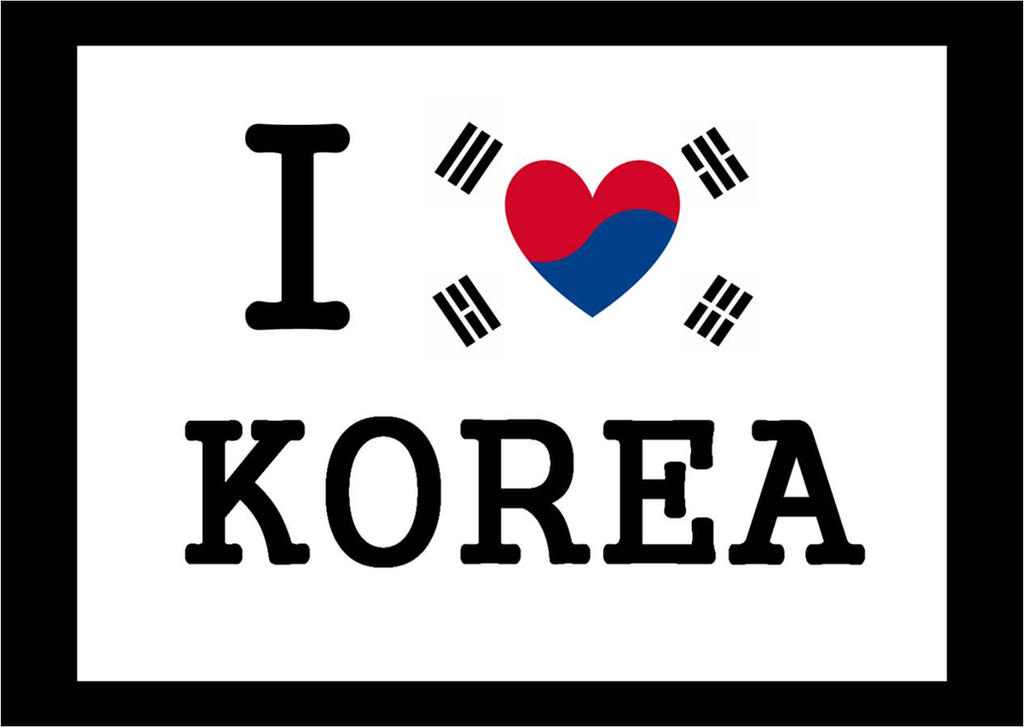Lesson 7 - Korean Names and Topics
LET'S LEARN BASICS OF KOREAN LANGUAGE!
In Korean, when you want to address men politely, one would use the word songsaengnim attached to their surname or full name, this literally means teacher.
For example, one would say Yoo Songsaengnim or with the full name Yoo SangHyun Songsaengnim.
It is not possible to a Korean persons first name, such like SangHyun Songsaengnim. For that same reason, when you use the ssi, you cannot say Yoo-ssi, or Yoo SangHyun-ssi, but would rather say SangHyun-ssi.
Addressing Korean women, in Korea women do not take their husbands surname when they get married.
For example if Mrs Han is married to Mr Kim, then she may referred to as Kim songsaengnim-puin (Kim mr-wife), or she maybe reffered to in a similar English terminology such as Misesu Han(Mrs Han).
Using Copula to describe "this is that"
In Korean, if you want to describe A is B , you will have to use special verbs called copula. In Korea, this copula is present at the end of a sentence, and behaves a little differently to ordinary verbs.
If you want to say A is B(like "This is a Korean book"):-
A B-ieyo (or B-eyo)
this Korean book-ieyo
It is obvious that you would use -eyo when B ends in a vowel, but -ieyo when B ends on a consonant.
songsaengnim-ieyo (is teacher)
soju-eyo (is soju)
IMPORTANT to note that in Korean the copula is only used to describe when this "is equivalent to".
It cant be used to say "is located in"(is underneath", "is near") nor can it be used to say "is a certain way" (i.e "is red", "is happy").
Describing how things are
Korean possess words which mean "is a certain way".
Ottaeyo means is how?, as in:
songsaengnim ottaeyo? ( How is teacher ? or What is teacher like? )
saob ottaeyo? (How is business? or What is business like?)
Kuraeyo literally means "it is like that", and may be used as a statement such as "it's like that", "thats right", "it is".
On the other hand it may be used as a question Kuraeyo? meaning "is it like that?", "really?" or "is that so?".
Korean has a special particle, used in attachment to place emphasis on what is being talked about.
by adding -un or nun, it makes As for Business or As for me.
-nun is attached to a noun, whereas -un is attached to a vowel. EG soju-nun (as for soju), Songsaengnim-un (as for teacher).
____________________________________________________________________________________
@K3U_minwoo- well hangul is not really hard, it's the words that we don't know, like me i know the basics like,
-yangmal - socks
-shimbal-shoes
-bori-head
-pal-leg
that's well i learned that through dramas and kshows. if you don't understand PM me afterwards :)
@shineexsmxfamily-
ㅇ-it is for ng but it can also be m or something else
for example- 인 this can either be 'min' or 'in'.
ㅈ- yes it is for j but most of the koreans when they speak out j it will sound like ch so that was why i put it as ch not j
ㅋ-this is for k but like what i said the sound that koreans use when speaking can be sounded as both
ㅌ- yes it is for t, this is also the same matter i put d' is because it needs to be sharp sounded so somehow it will become t :)
Comments